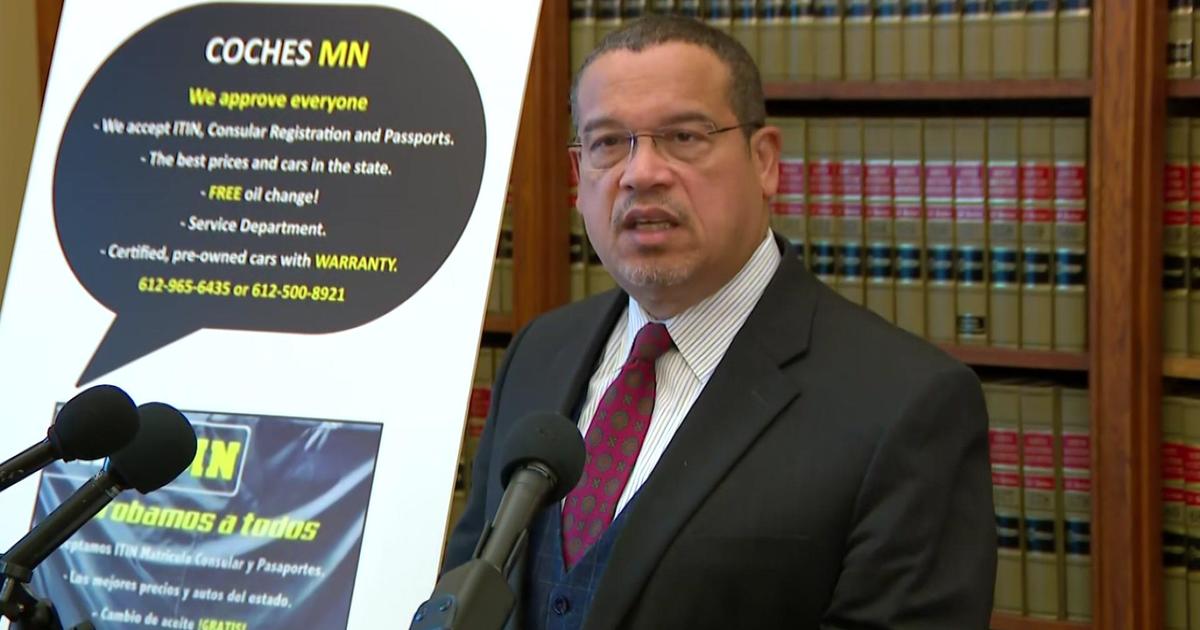Simplifying Some Common Medical Myths
MINNEAPOLIS (WCCO) -- Here today, gone tomorrow. That's how medical advice seems to go.
There are several studies out there that tell you what's good for you and what's bad. But what's true and what's a myth? We'll try to simplify it all for you here.
It's hard to keep track, but is coffee good or bad for you?
"I'm a caffeine addict, I have to have about two cups of coffee every morning," said one consumer.
What about red wine?
"Any excuse to drink red wine. Good for you, good for your heart," said Dr. Kirsten Bibbins-Domingo.
And should you reach for that chocolate or not?
"I love chocolate, so no matter what the study says it doesn't matter," one person said.
It's the type of conundrum satirized by Woody Allen in his comedy, "Sleeper," when he's transported to the future and offered a cigarette.
While the scenario that a cigarette can be healthy for you is far-fetched, some things that are labeled bad for you today may not be so dangerous. And some things thought of as good may not be so beneficial.
A government advisory panel now says a daily supplemental dose of Vitamin D and calcium to prevent bone fractures can cause kidney stones in healthy post-menopausal women.
"There really isn't any evidence of benefit for the prevention of fractures and there's also a small but measurable harm," Dr. Bibbins-Domingo said.
Taking a daily dose of baby aspirin has long been thought of as a way to prevent heart attacks and lower the risk of cancer. Now there's a new recommendation: Take too much of it and it can lead to gastrointestinal bleeding.
Having a screening for mammograms to test for breast cancer starting at age 40 is considered standard advice. But a new recommendation from the Preventative Services Task Force says women might be able to wait until age 50 and get screenings every two years if there's no family history of breast cancer.
That same panel overturned conventional medical wisdom on prostate cancer screening tests for men. The new recommendation there is that radiation and surgery can cause more harm than benefit. Dr. Michael Smith, the web editor at WebMD, said advice can change as more research is done.
"My first advice is to always talk to your doctor especially with something like supplements. Again, we don't know a lot about them. We really want to make sure that when you take a supplement it is right for you," Smith said.
As studies and medicine evolve, the best bet is always to consult your doctor. They know your health history.



